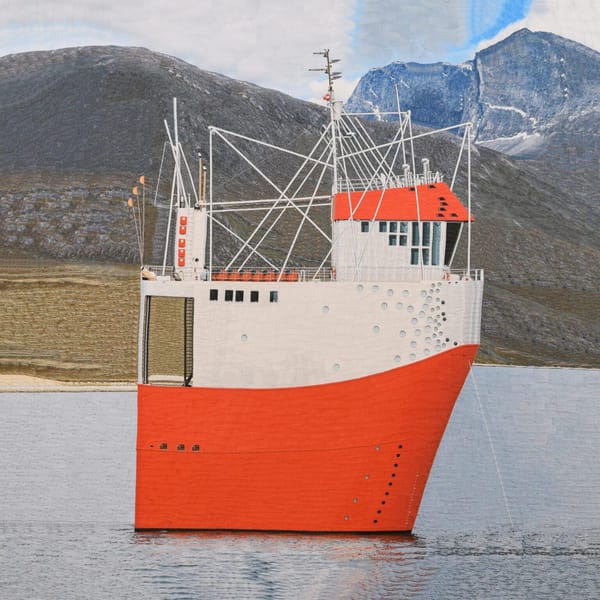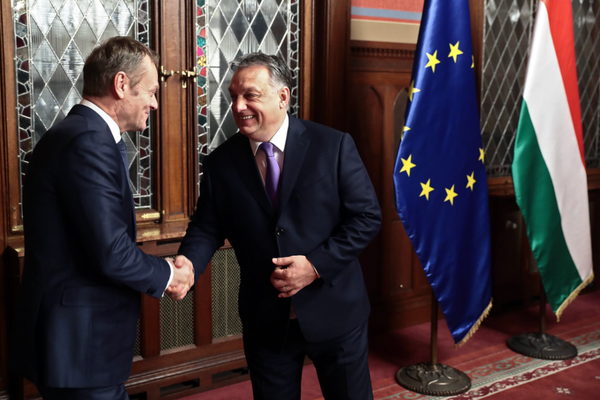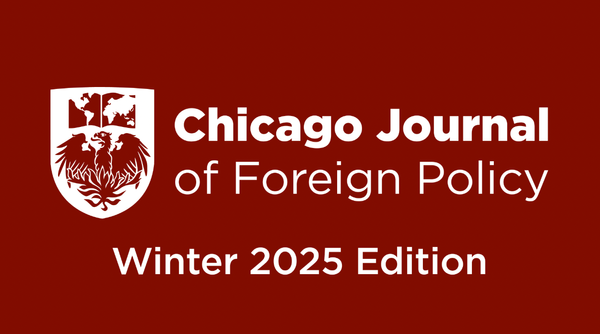The Urgency of Rhetorics on the Polish-Belarusian Border

By Victoria Denaro, Boston College
Tonight, the sun will set on the barbed wire barricade along the Polish-Belarusian border, casting darkness over the thousands of people left there to fight for their lives.
A week of enduring starvation, beatings, and freezing temperatures has passed for the masses of Middle Eastern migrants seeking refuge in Poland after pursuing Belarusian President Aleksandr G. Lukashenko’s promises of safety and asylum.
However, these promises have proven themselves to be both false and intentionally exploitative. Mr. Lukashenko seems to be using these humans as pawns in a larger political scheme to manufacture global instability, spark division within the E.U., and retaliate against Poland, Lithuania, and Latvia for their use of sanctions against the Belarusian regime.
The events have prompted questions among the international community concerning who to blame and what to name this situation. In seeking a source of attribution, some are pointing the finger directly at Mr. Lukashenko for violating human rights as a means to achieving his personal political goals while others indict Russian President Vladimir V. Putin, citing Moscow’s motive to draw Mr. Lukashenko into deeper dependency on its authority.
International discourse has also given rise to different ways of framing this latest tragedy. While numerous media sources have pinned it as another ‘humanitarian crisis,’ the E.U. has condemned Mr. Lukashenko’s actions as ‘gangster’ activity.
In drawing these conceptual conclusions, however, the international community ignores the asymmetries of power inherent to the politics of blame, and the politics of naming. Those with the power to define this tragedy incur their own kind of responsibility for it.
The drafting of international conventions, documents that provide definitions and postures for global issues, is spearheaded by the most powerful states in the global arena, and even internationally-inclusive organizations like the U.N. fail to provide an effective shield against this uneven exertion of strength. The drafting table is crowded by global powers and leaves no room for migrants, robbing displaced peoples of their agency and ability to define themselves and their lived experiences on their own terms.
For example, the term ‘refugee crisis’ that prevails in international discourse introduces implications of its own. The word ‘crisis’ signifies the abrupt arrival of an unforeseen situation that exists outside of human construction and cannot be solved through human means. The implied overwhelming nature of a ‘crisis’ disarms the global population in feeling like they can alter its trajectory, and the unforeseen dimension of the word makes crises seem self-spawning, which overlooks the direct and destructive role that the world’s major powers have played in the states that are producing most of the world’s refugees.
In the ensuing case on the border of Poland and Belarus, for example, most of those seeking refuge come from the Kurdistan Region of Iraq, a country whose violent turmoil has been continuously reignited by U.S. involvement since its 2003 intervention.
While language like ‘crisis’ can be somewhat too metaphysical and detached, terms used to describe the individual experience of asylum-seekers are confining. The differential deployment of terminology in the use of ‘refugee’ versus ’migrant’ is one such case. While the United Nations High Commissioner for Refugees defines refugee status as involuntary and in need of international protection, migrants are commonly understood to be willing opportunists who are not in a position that deserves urgent attention.
Powerful states, in their removed positions, hold the privilege of constructing this international understanding about the lives of displaced peoples, but those in the refugee camps feel the tangible effects of terminology, as definitions inform response. The displaced peoples currently fighting for their lives on the Polish-Belarusian border are internationally recognized as ‘refugees,’ as they have fled their states due to violence. Consequently, the red button of international attention is smashed, and action is demanded. However, the ‘migrants’ currently fleeing their country due to economic hardship or unsustainable environmental conditions are met with cold indifference.
These terms are unjustifiably restrictive, as the decision that protection from political conflict is more pressing than protection from struggles that are induced economically or environmentally is growing increasingly arbitrary as global economic disparities force many into deadly living conditions and climate change poses imminent threats to human life all over the world.
If the international community is seeking a response to today’s failure to protect asylum-seekers, pointing the finger at Mr. Lukashenko and tacking on some more sanctions is an inadequate and short-sighted approach. Instead, an effective response requires a scope that zooms out enough to follow the cultural undercurrent of international hierarchical power that directs the politics of naming such situations.
However, the moral of this morally-flawed story is not to neglect the use of terminology altogether, as operational definitions are integral to discussing these urgent topics. Instead, the global community should reconsider who has the power to define what it is to be a displaced person and what it feels like to embody this reality.
These questions should not be answered by international lawyers and senior government officials who draft treaties from the warmth of their embassy offices but by those whose chapped hands grasp the cold barbed wire fence on the border of Poland.





